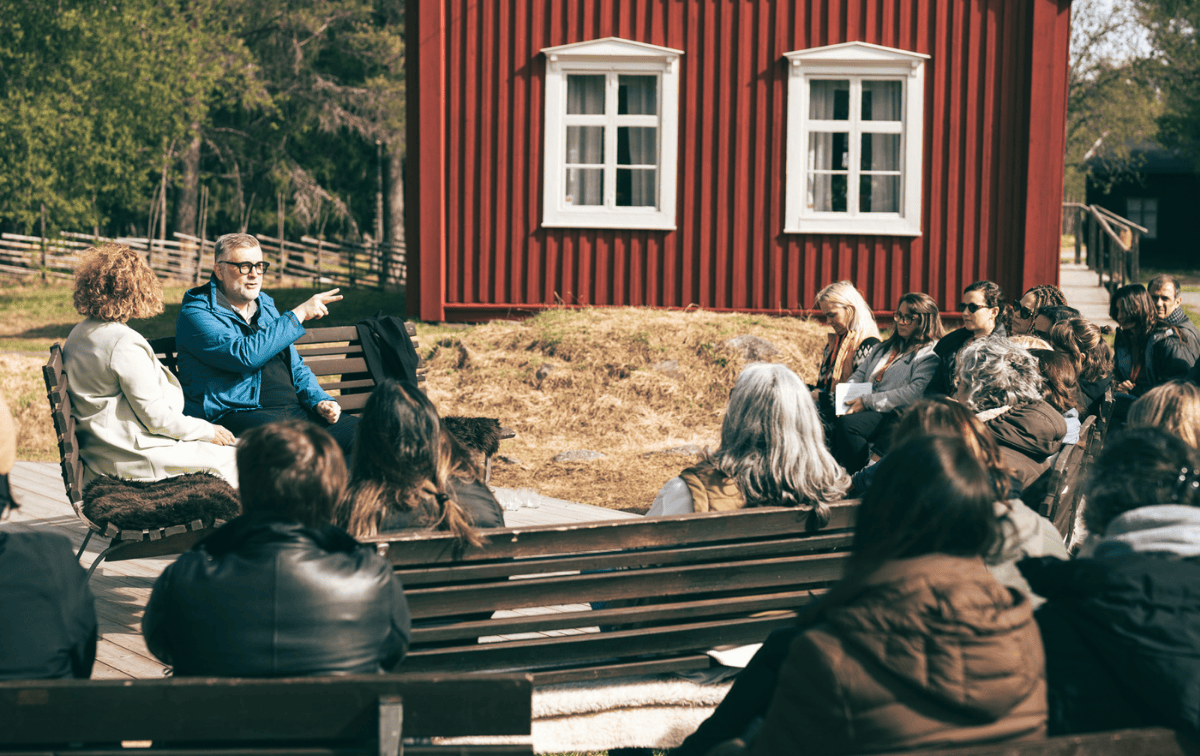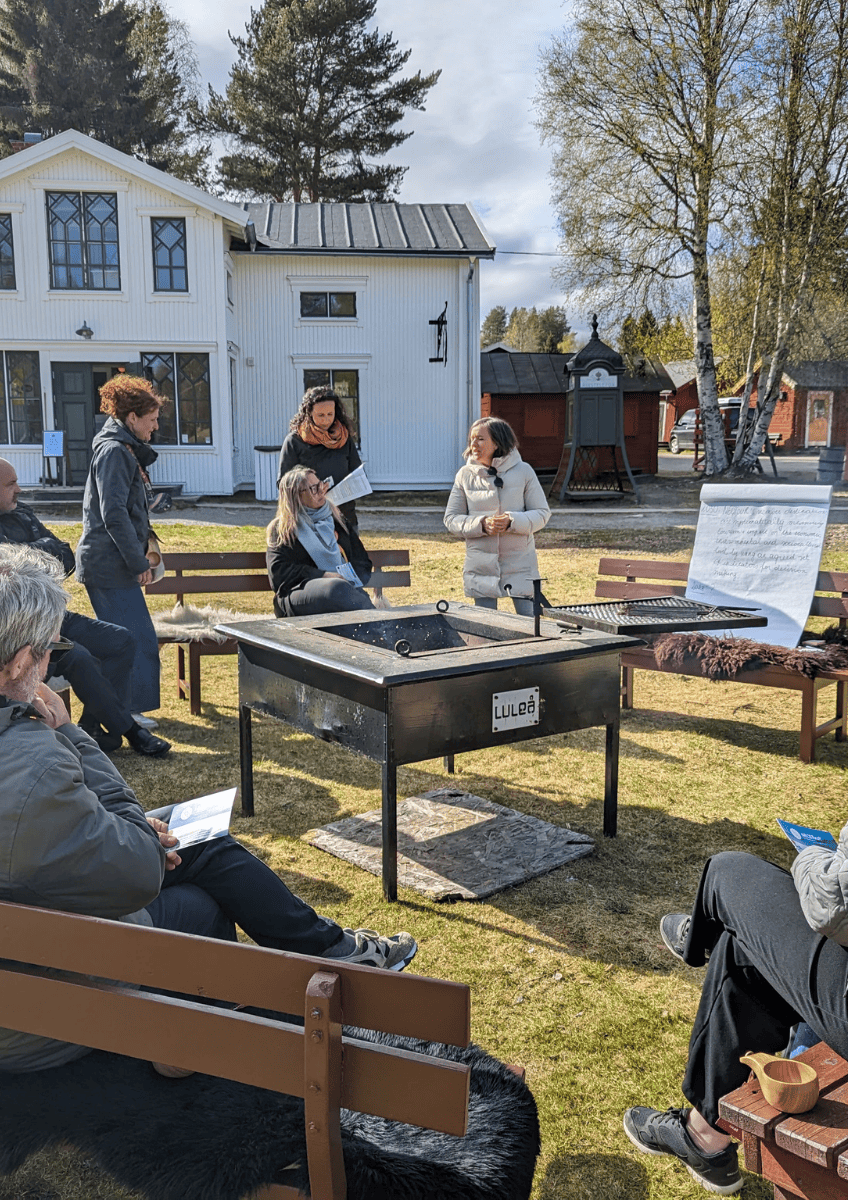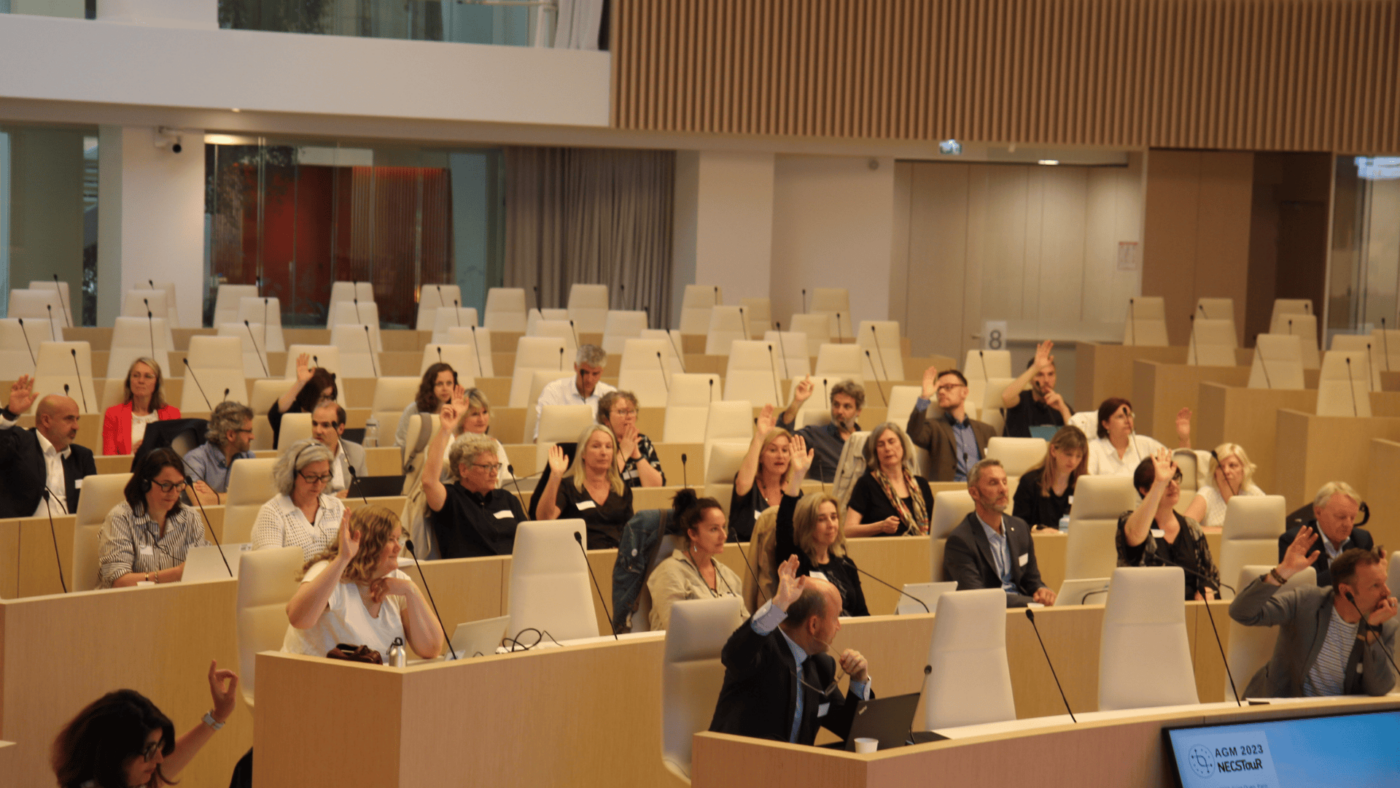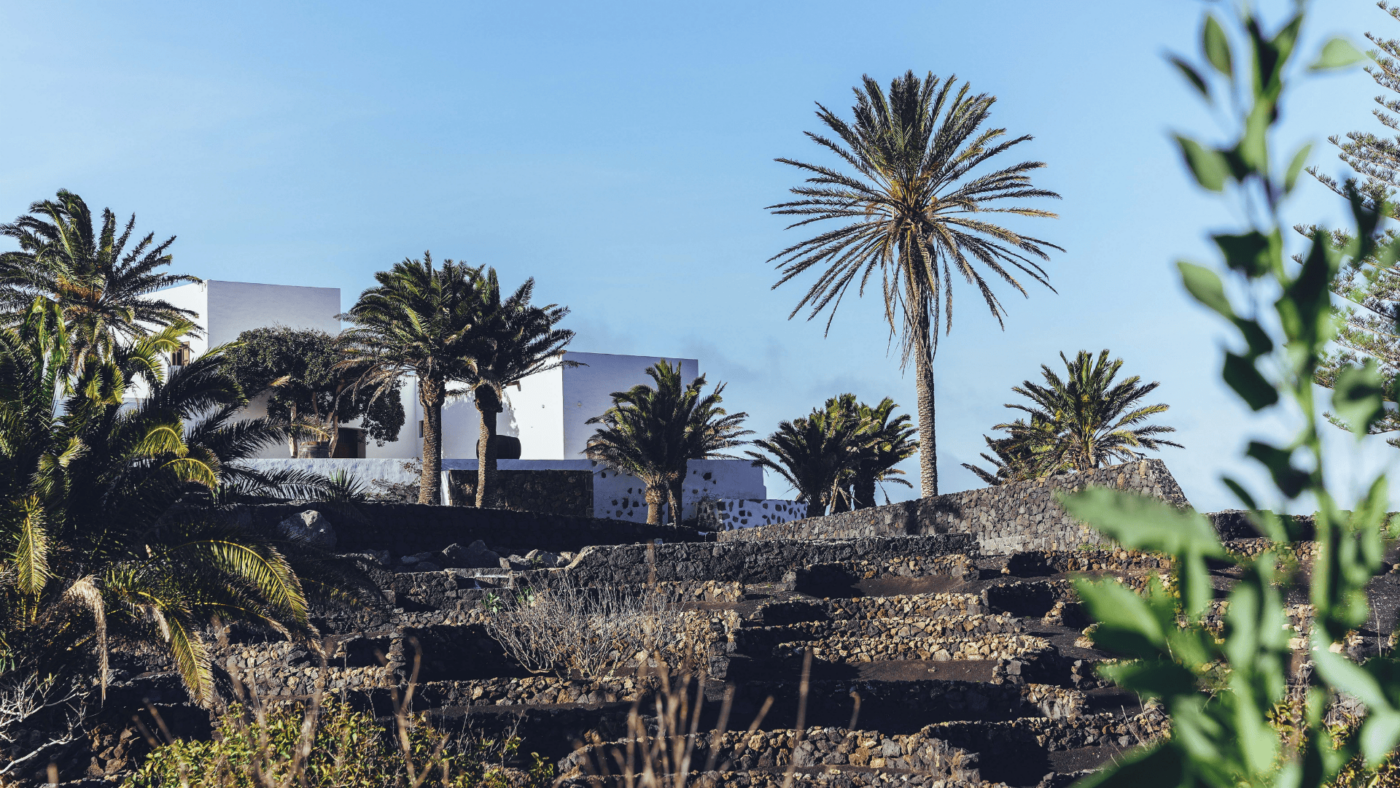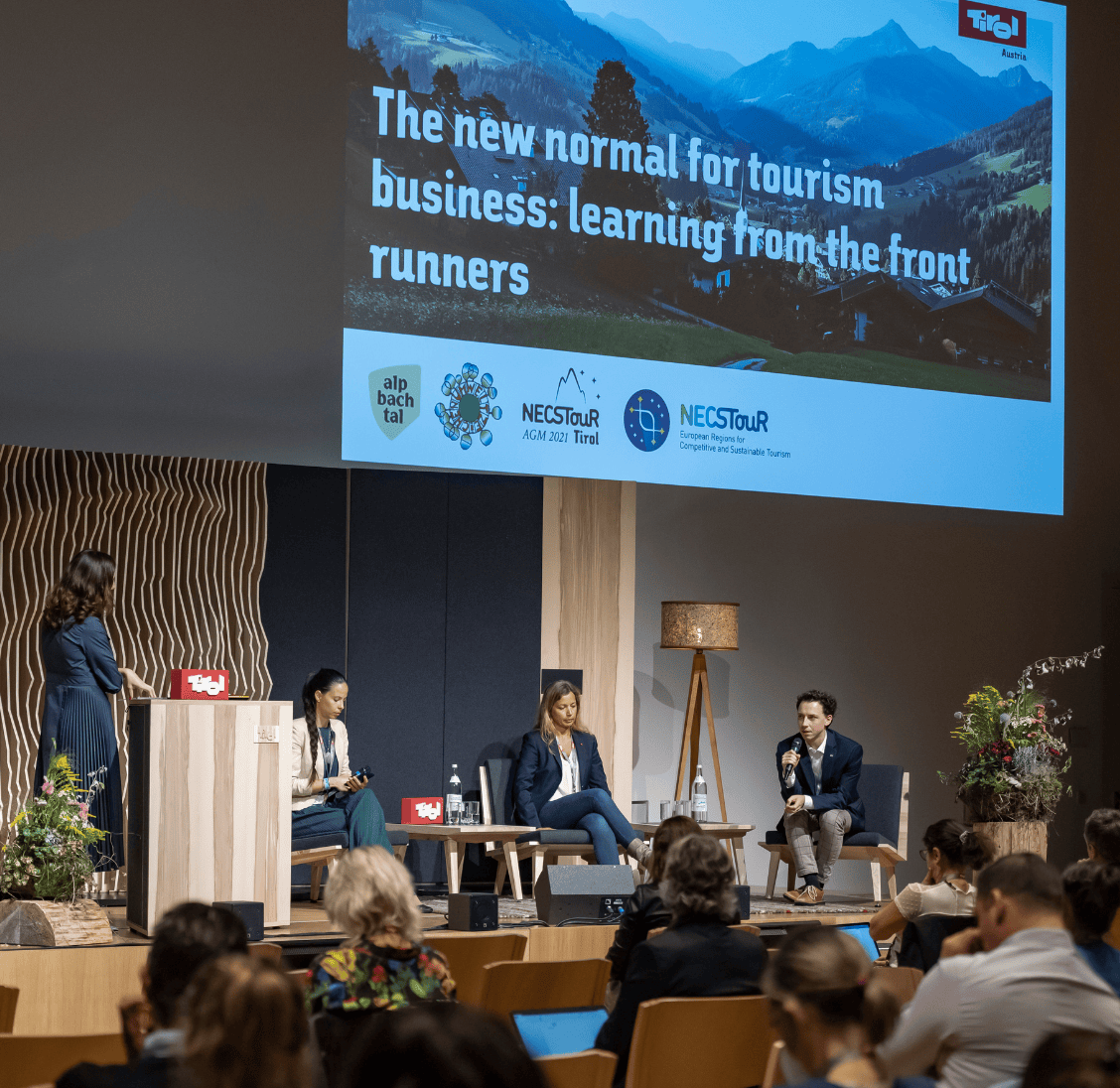The NECSTouR strategy co-creation process began in 2021 during the Annual General Meeting in Tirol, where the network agreed and prepared to sign the UN Glasgow Declaration on Climate Action in Tourism.
At the 2022 NECSTouR Annual General Meeting in Ringkøbing-Skjern, members undertook a deep internal reflection and voted to revamp the network’s strategy to better address emerging challenges. They validated NECSTouR’s pledge to the European Commission’s Tourism Transition Pathway and approved the development of the NECSTouR Climate Action Plan, both of which would shape the future strategy.
In March 2023, NECSTouR, in collaboration with SPEL-Turismo Lanzarote, co-hosted the masterclass “Empowering Destination Leaders to Deliver Sustainability” in Lanzarote in partnership with the University of Surrey, Breda University of Applied Sciences and the Travel Foundation, where Professor Paul Peeters (Breda University of Applied Sciences) presented the “Envisioning Tourism in 2030” report. His insights sparked discussions on strengthening DMO governance and inspired other NECSTouR regions to develop and rethink their national strategies by engaging key experts from both the public and private sectors, including renowned figures like Professor Xavier Font (University of Surrey).
In the Paris Annual General Meeting in 2023, the NECSTouR members worked around the most relevant topics and targets for regions and DMOs within the TTP connecting the territorial with the European agendas. The outcomes of these discussions led to members building their pledges and agreeing on common targets for the network reaffirming NECSTouR’s commitment to the European Commission’s Tourism Transition Pathway, ensuring its central role in the evolving strategy.
This marked the beginning of a truly inclusive co-creation process:
Phase 1: Assessing Our Starting Point
This phase was shaped by members’ insights gathered through interviews, surveys, and focus groups. Their perspectives provided a clear picture of the network’s current position and aspirations for the future.
Phase 2: Exploring Future Possibilities
With expert analysis of members’ needs and priorities, we conducted scenario-planning workshops to explore potential pathways and ensure alignment with the network’s collective vision.
Phase 3: Defining Our Path
Building on these insights, NECSTouR established a new mission, vision, and strategic ambition, ensuring they reflected members’ expectations and the evolving tourism landscape.
Phase 4: Mapping the Journey
With a clear direction in place, we designed a realistic and actionable roadmap to achieve our goals. During the 2024 Annual General Meeting in Luleå, Sweden, members collaboratively set key milestones to drive progress in the coming years.
Phase 5: Turning Plans into Action
Following the final workshop during a Board of Directors meeting in October 2024, the outcomes were analysed, and NECSTouR’s new strategy was officially launched, marking the start of a bold, collective transformation.

